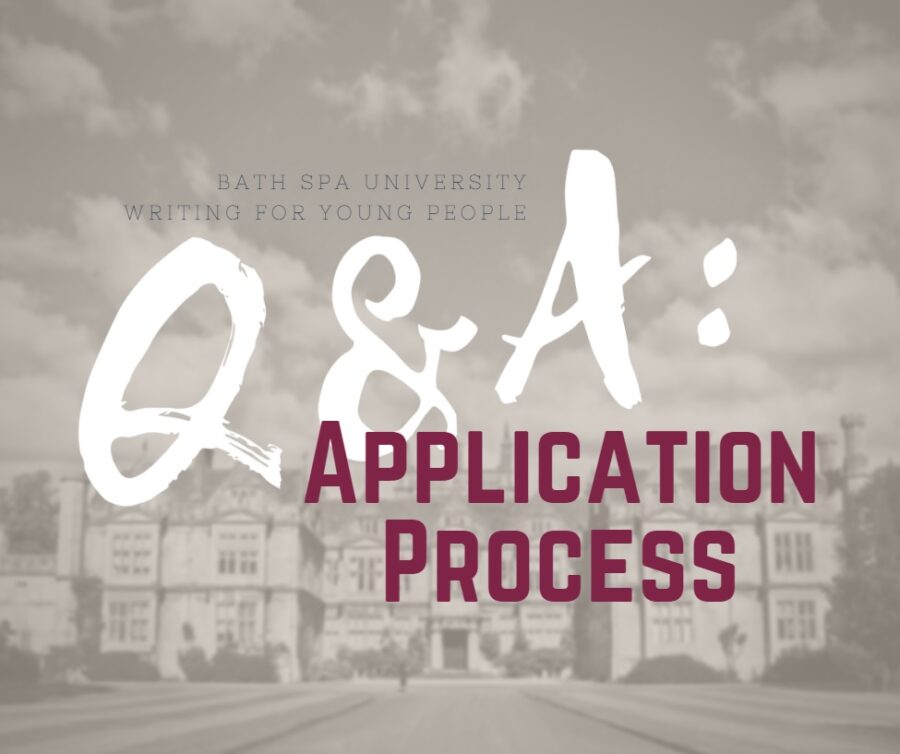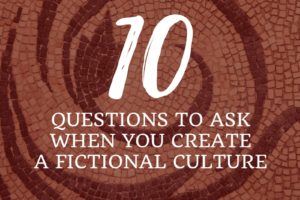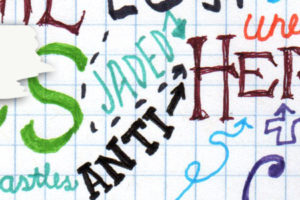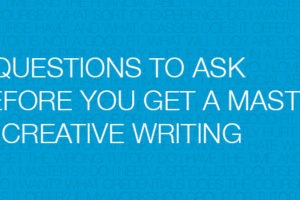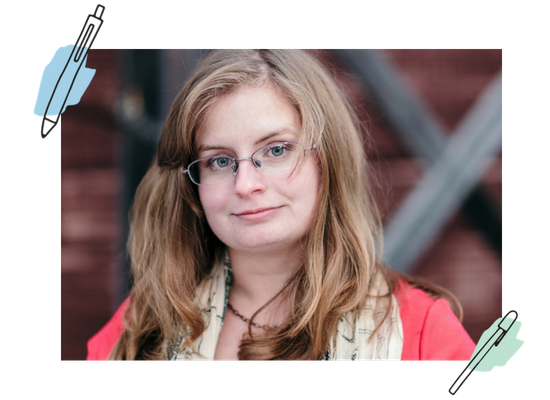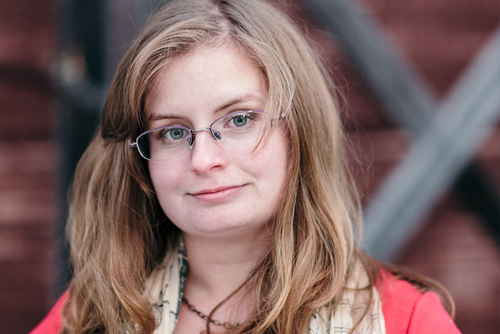It’s a well-documented fact that I love the Master of Arts in Writing for Young People program at Bath Spa University (geez, that’s a mouthful). Since posting my 5 Questions to Ask Before You Get a Master’s in Creative Writing entry, I’ve had a steady stream of perspective students reach out with questions about the course. I love chatting with these guys and I’m always excited to get a new email!
A few particularly inquisitive students graciously gave me permission to share part of our exchange in a sort of Q&A for other perspective students out there. It got quite intense, so I’ve broken the post into five sections. (Find them under the Q&A tag as they go live!) Feel free to read below the cut if any of these topics interest you!
As always, you can reach out with more questions by contacting me at: alyssamhollingsworh [at] gmail [dot] com
A thousand disclaimers: I only have my experience of the Writing for Young People course to draw from (class of 2014). I’m not a member of staff and can never hope to be as informed as the infallible Julia Green. Everything is my own opinion and may or may not be influenced by my personal preferences, the amount of candy I’ve had today, or the number of likes my latest corgi video got on Facebook. Extra disclaimer: Please note the date of this post. Since 2016, a lot of faculty turnover and program changes have taken place. My experience may or may not reflect the MA as it is today.
Q&A – Application Process:
1. Should I do part-time or full-time?
2. As a full-time student, I will still have to work part-time. Do you think that’s doable?
3. What should I send as my submission?
4. They say ‘no more than twenty pages.’ What are the specs for that?
5. Can I send excerpts from two different pieces?
6. How brief should the synopsis be?
7. What should I expect during the interview?
1. Should I do part-time or full-time?
There are pros and cons to both options. However, I would say go full time if you can. Though having a longer period on the course as a part-timer comes with some benefits, I found the level of intensity in the full-time course helped prepare me for the one/two book a year lifestyle of a writer. But I am also very biased!
(Maybe a part-time alumnus will leave a comment about their opinion? EDIT: We’ve got some great advice down there now! Check it out to hear the pros on the other side.)
2. As a full-time student, I will still have to work part-time. Do you think that’s doable?
Yes! One of my friends (Sarah Driver) worked part-time as a nurse through the whole course. Sometimes it was difficult, but for the most part she made it work and did wonderfully. Though I didn’t have a job during the fall/spring terms (I decided not to, as I had just come from completing my undergraduate degree while working three jobs), I think I could have handled it just fine.
So… it mostly depends on you and what you feel comfortable with. But I will say, normally we’re capable of doing more than we think.
3. What should I send as my Writing for Young People submission?
For my application, I chose one of the most tense and self-contained chapters from the novel I was writing at the time. I spent about a month polishing it up before I included it as my writing sample. Others I talked to on the course did basically the same thing – just picked their favorite bit from something they’d written. Mostly the Writing for Young People folk want an example of your voice and writing level. The actual content is slightly less important.
4. They say ‘no more than twenty pages.’ What are the specs for that?
Format it like you would an official manuscript: Include a cover page, A4 size pages, double spaced, 12 pt font, Times New Roman (if you want to be super classic).
5. Can I send excerpts from two different pieces?
That should be fine! Just make sure they both stand well on their own. Perhaps do one read-through/edit specifically examining the voice of your two characters to make sure they’re distinct. I love using this resource for character voice – you might enjoy it, too.
6. How brief should the synopsis be?
I included a one page synopsis with my excerpt. If you are submitting excerpts from two different projects and don’t want to take up a whole page on a synopsis for both, you could do shorter synopses for each.
7. What should I expect during the interview?
First of all, congrats on submitting everything and getting to the interview stage!
A big part of the course’s focus is community, so you’ll probably be getting a few questions about workshops and how you would offer/take critiques. You might think about how to verbalize your critiquing process, whatever it is. I believe a few of the questions will be about your writing sample specifically, which should be pretty easy to answer. It’s normally very informal, and more of a friendly chat than a high-stakes quiz.
Tune in for more soon! Feel free to leave a comment with a question about the application process for BSU’s Writing for Young People program (or, if you’re an alumnus, dispute my claims!).

